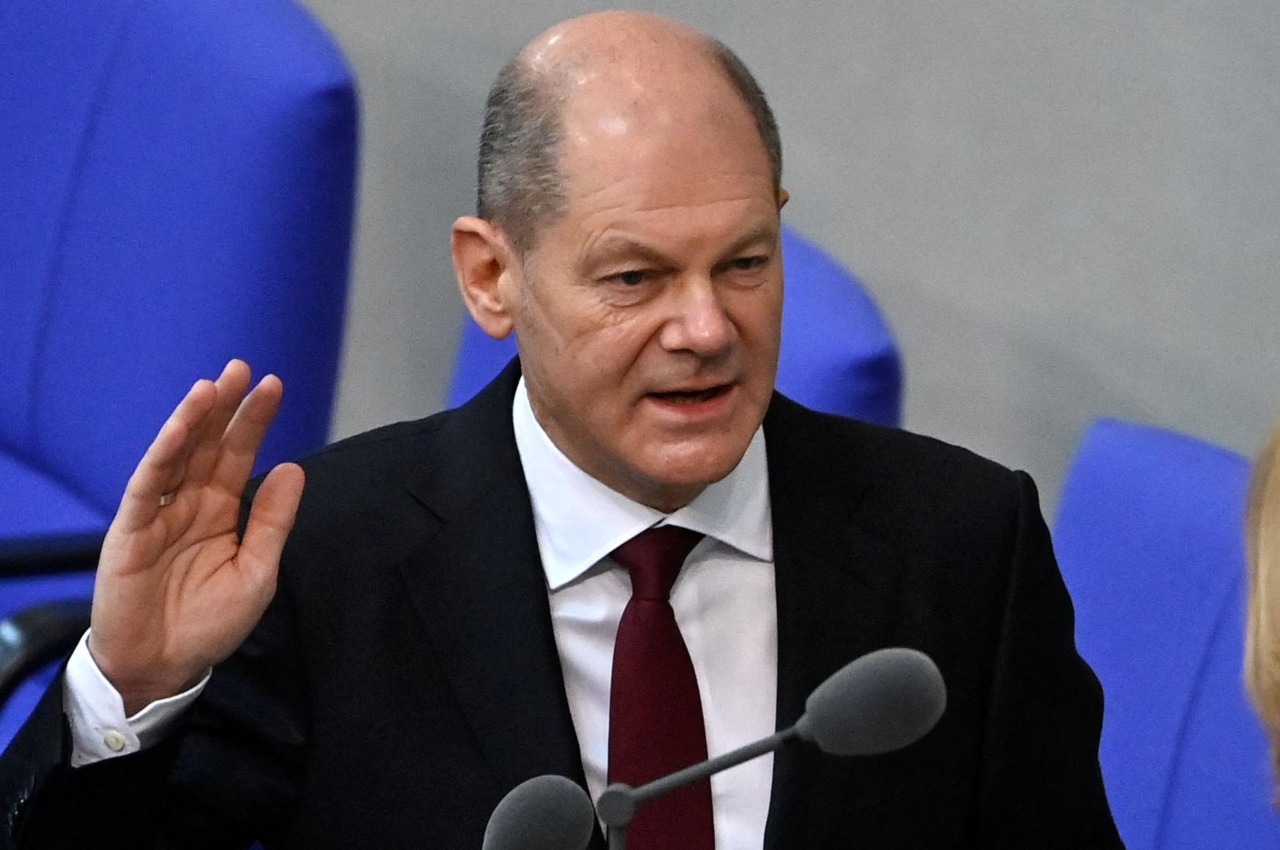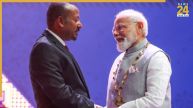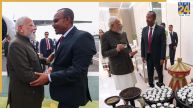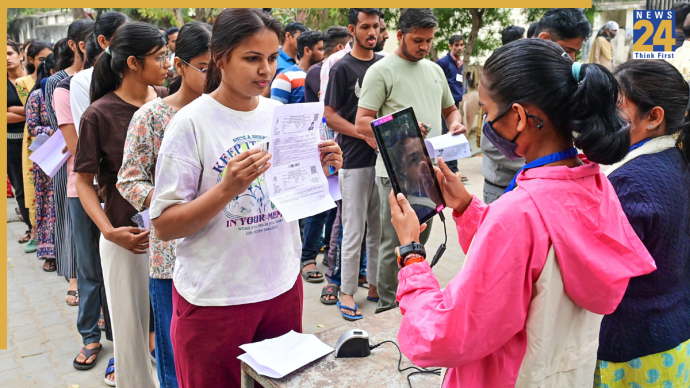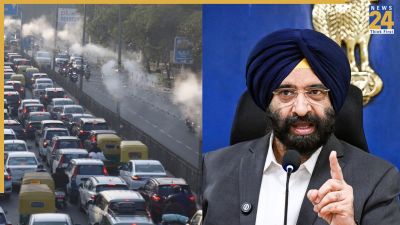New Delhi: In light of the current economic and geopolitical unrest brought on by Russia’s invasion of Ukraine, German Chancellor Olaf Scholz will depart for the Middle East for a two-day trip that will take him to three different nations.
Since taking power in December of last year, the German government has struggled to wean Europe’s largest economy off of Russian oil, coal, and gas.
Although imports from Russia have dramatically decreased since then, there are worries that Germany and other European nations may soon experience an energy shortage.
Senior authorities claimed that one of the reasons Scholz is travelling to Saudi Arabia, the United Arab Emirates, and Qatar with a high-level business group is to close the natural gas supply gap.
Scholz will discuss human rights issues when he meets with Saudi Arabia’s strong Crown Prince Mohammed bin Salman on Saturday in Jeddah, according to the officials, who briefed reporters under the condition of anonymity before the trip.
For meeting with the Saudi crown prince in July despite claims that he was complicit in the murder of Saudi journalist Jamal Khashoggi, U.S. President Joe Biden received criticism from some quarters.
“Of course this trip is being closely watched and we’re going to encounter difficult partners there,” one German official said. “And yet we can’t refuse to have such meetings and such cooperation.”
“In a world with 193 countries and big differences, it’s not just the German chancellor but many other leaders too who are seeking out talks at the moment and trying to forge new alliances and strengthen old ties,” he said.
The German leader will fly from Saudi Arabia to Abu Dhabi, where he will meet with UAE President Sheikh Mohammed bin Zayed Al Nahyan and sign an energy agreement. The topic of the nation hosting the U.N. climate negotiations the following year will also be discussed there.
The last visit is Doha, where Scholz will meet with Sheikh Tamim bin Hamad Al Thani, the emir of Qatar, to talk about bilateral ties, regional issues including tensions with Iran, and the 2018 World Cup that the Gulf nation will be hosting.
German officials stated that all energy agreements will consider the nation’s intentions to become carbon neutral by 2045, which will need a switch from natural gas to hydrogen produced with renewable energy in the next decades. They claimed that Saudi Arabia is viewed as a particularly good producer of hydrogen due to its extensive territories that are suitable for producing cheap solar energy.

